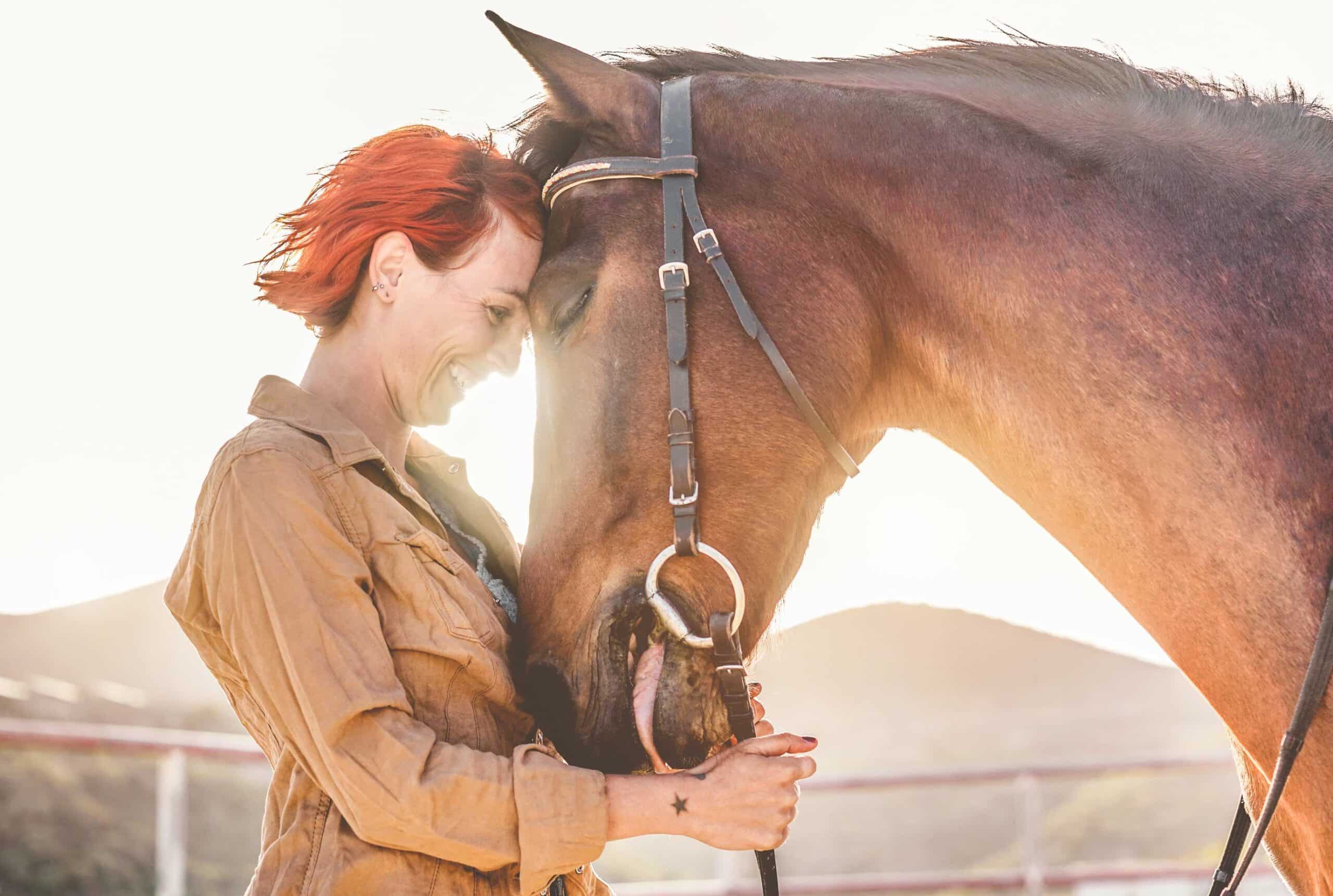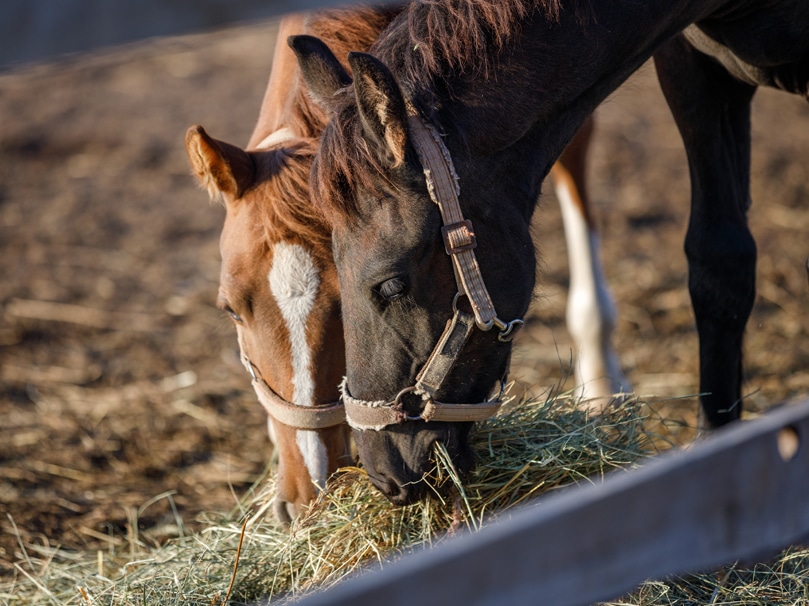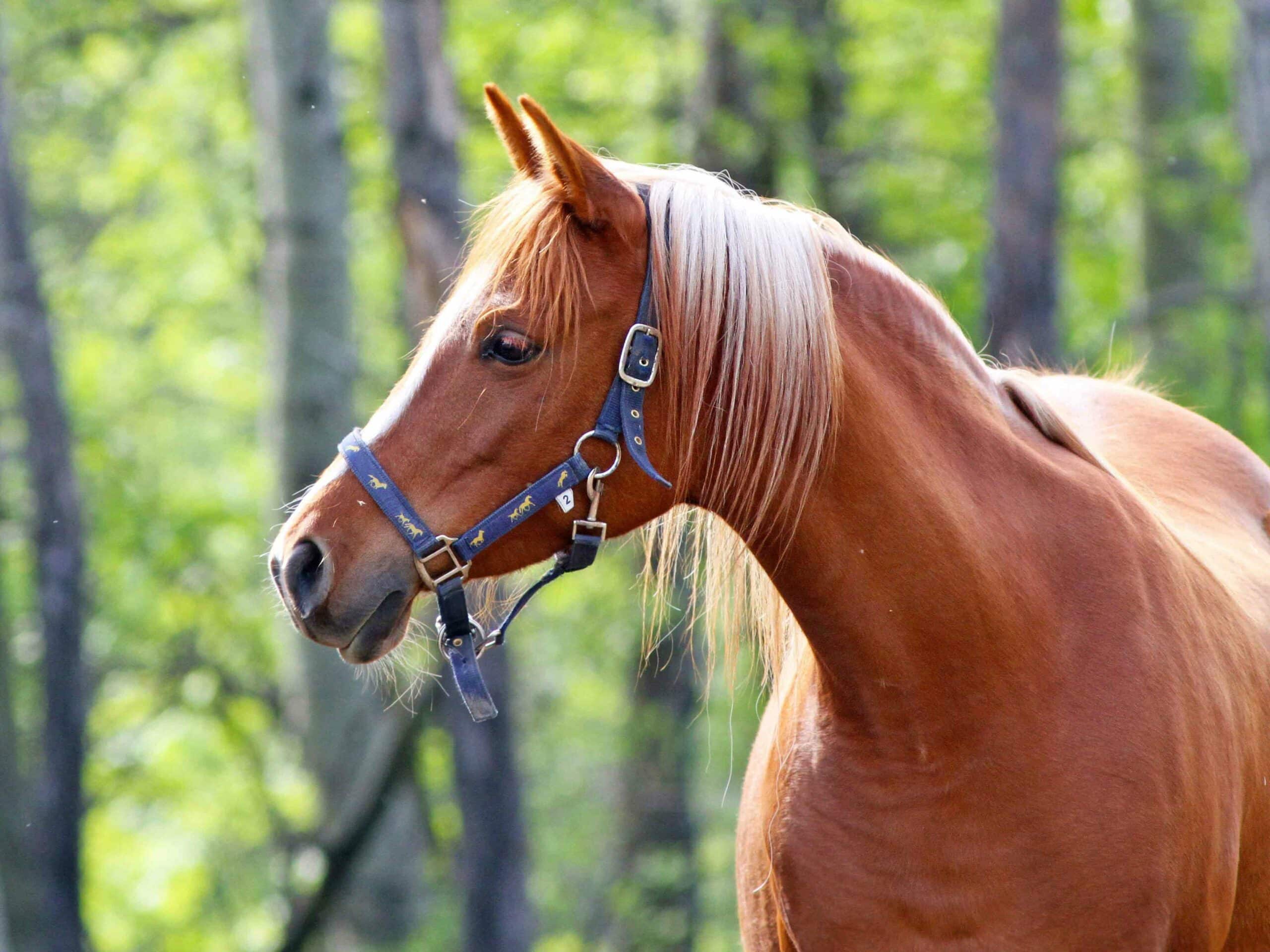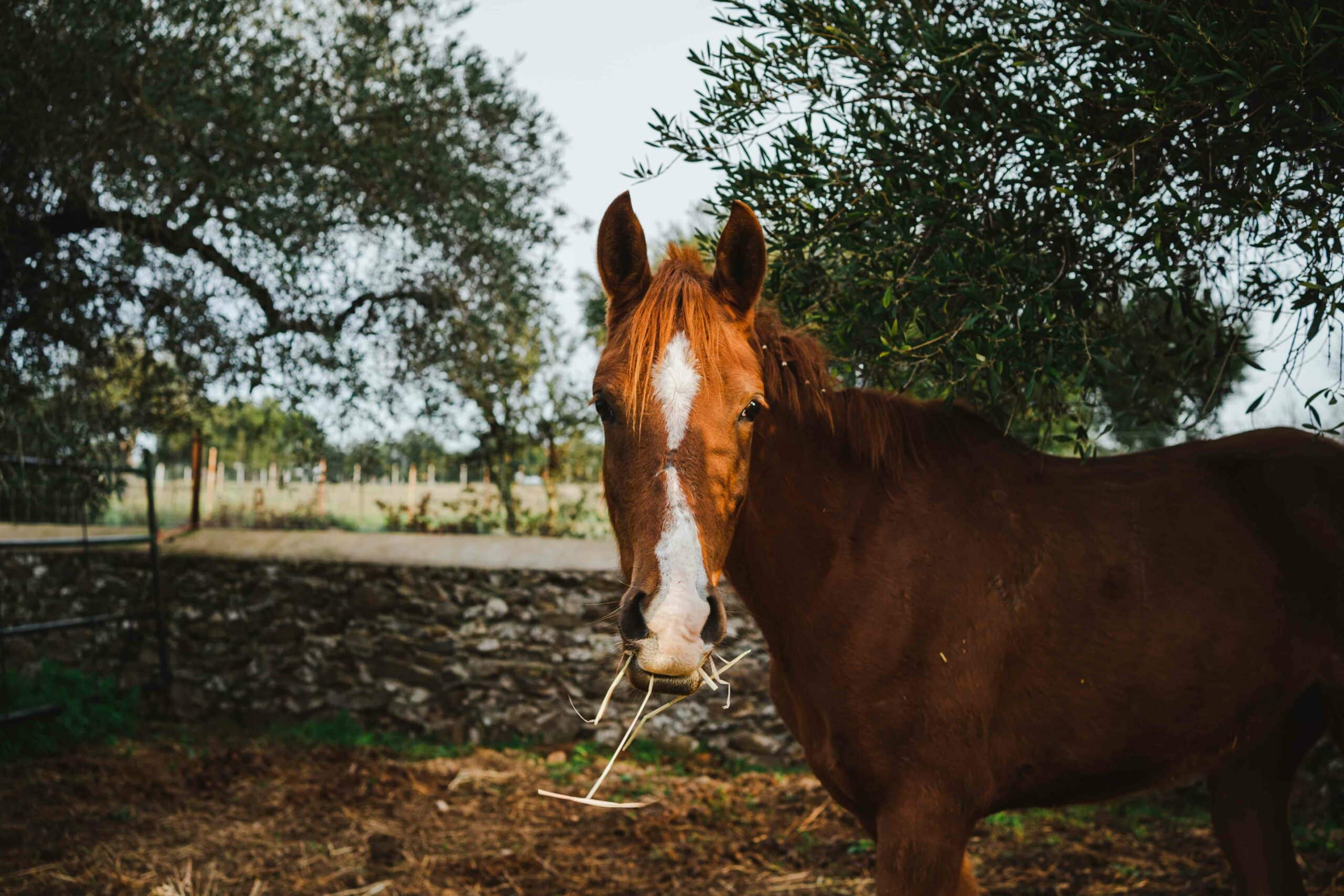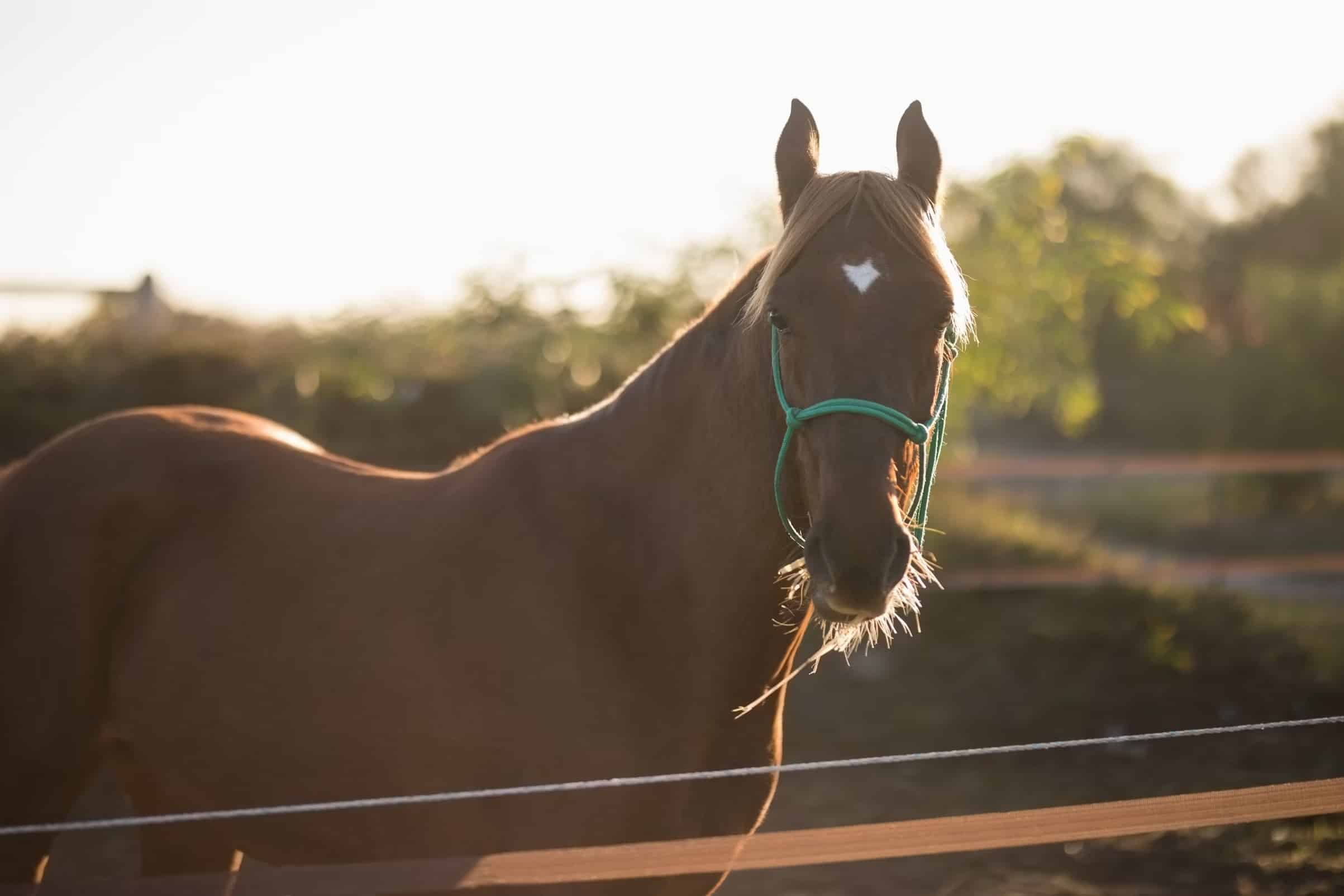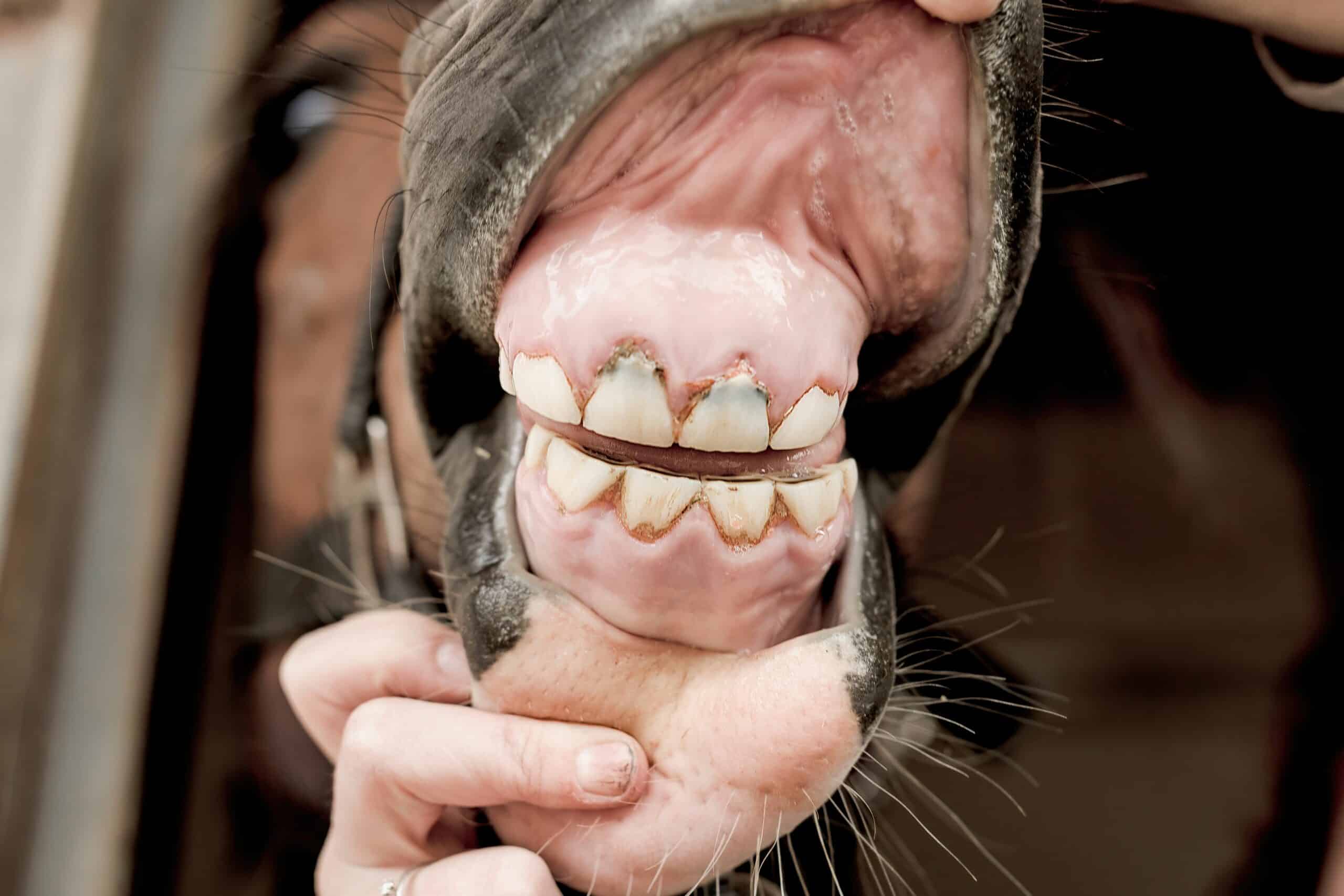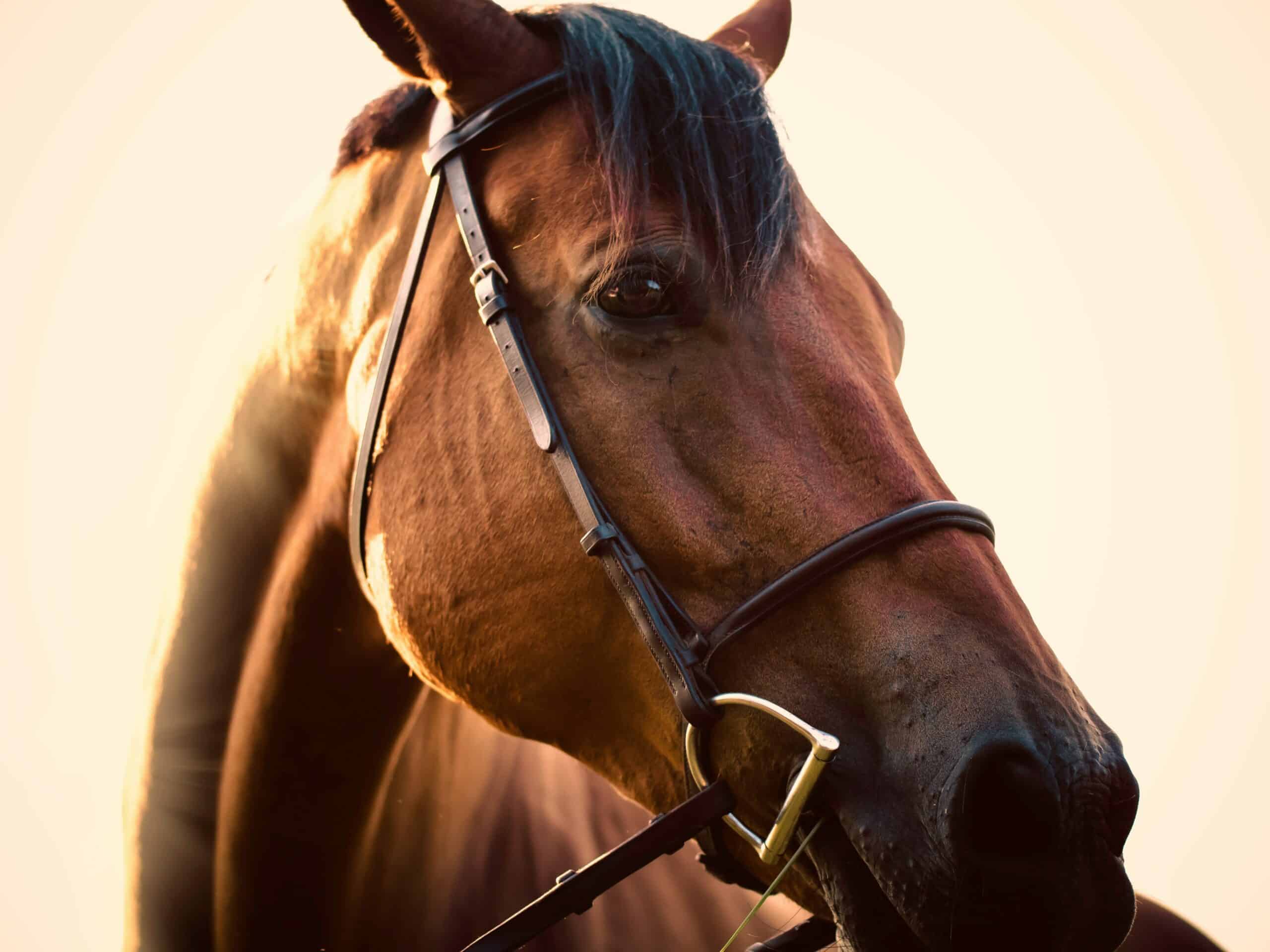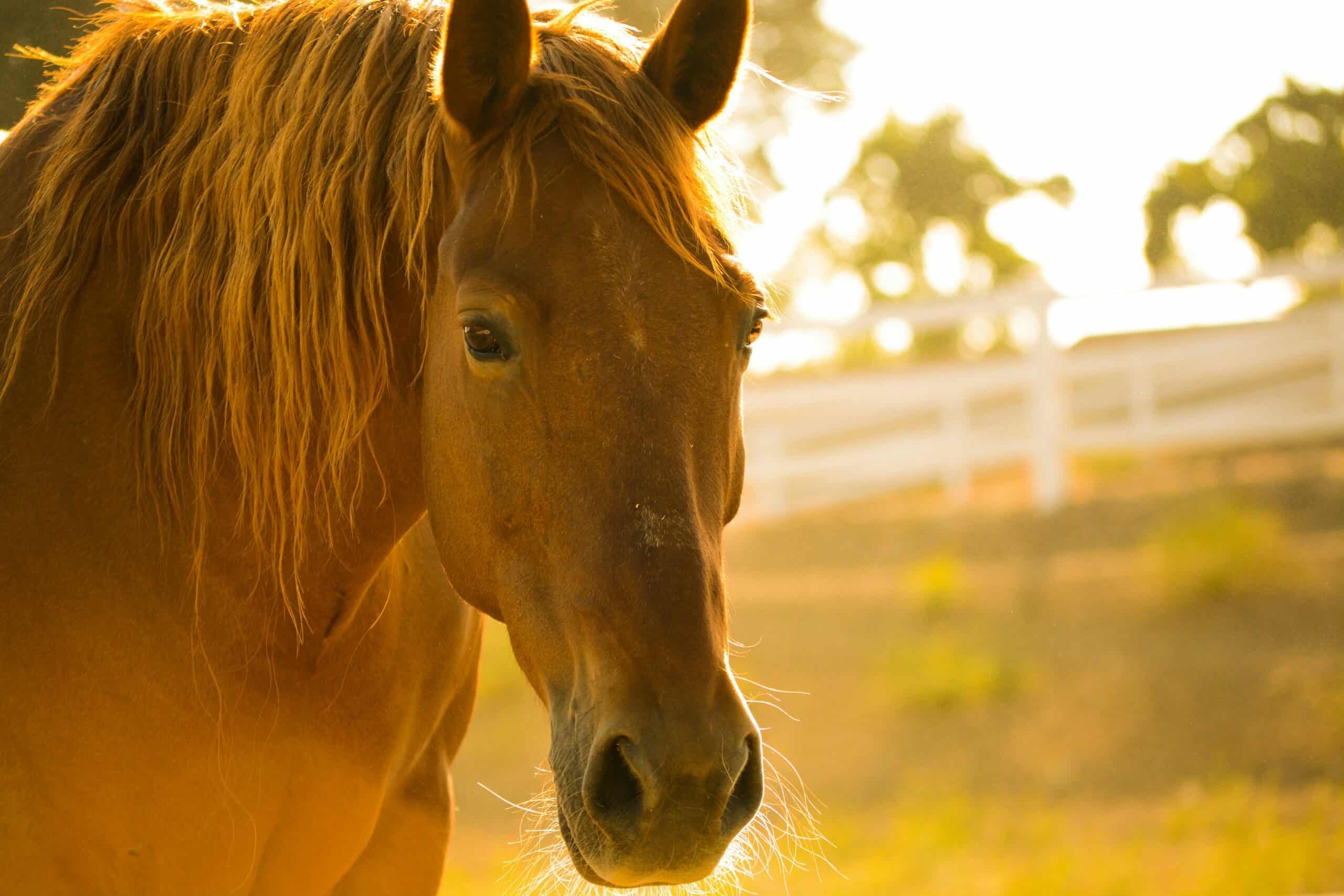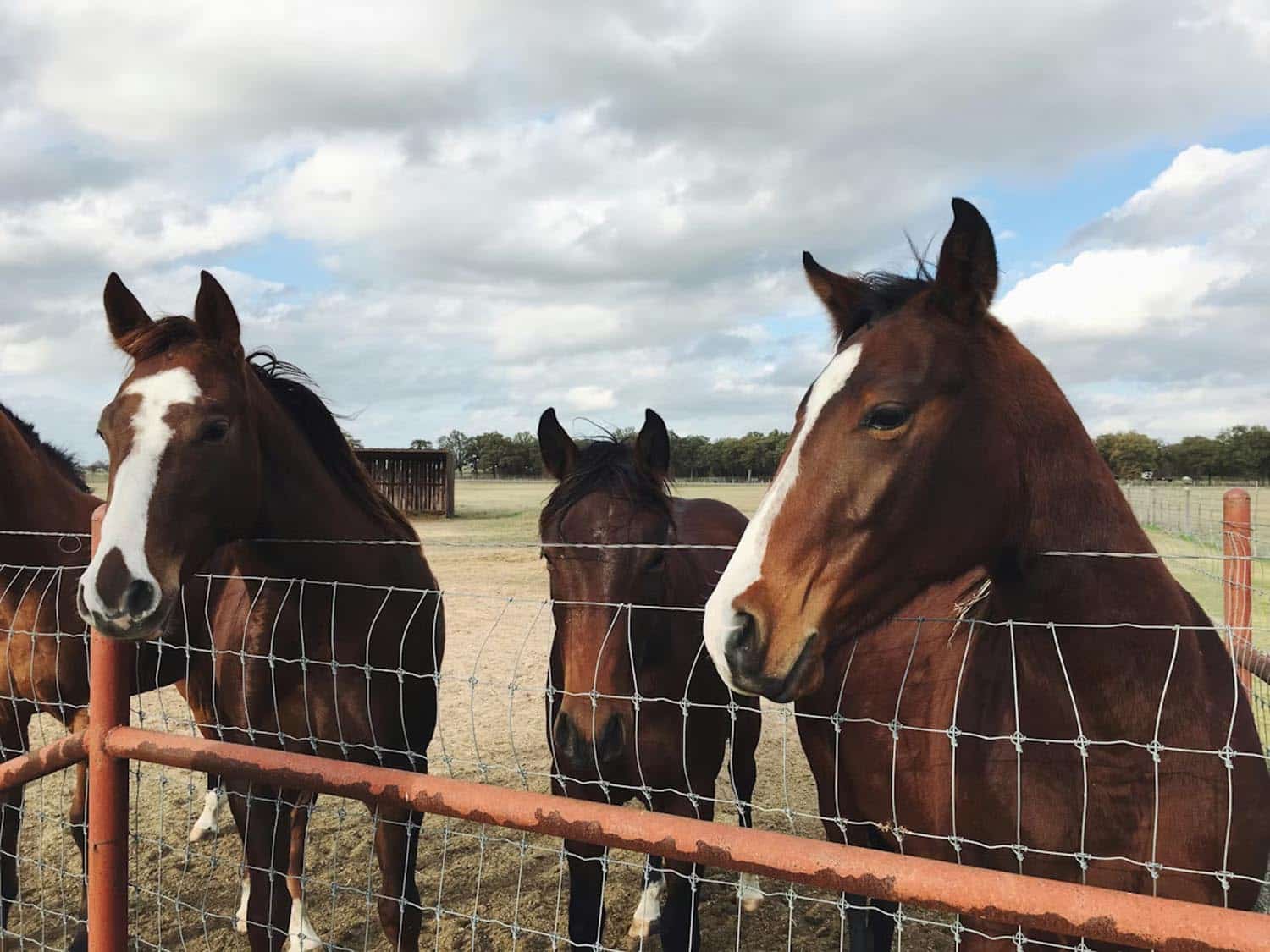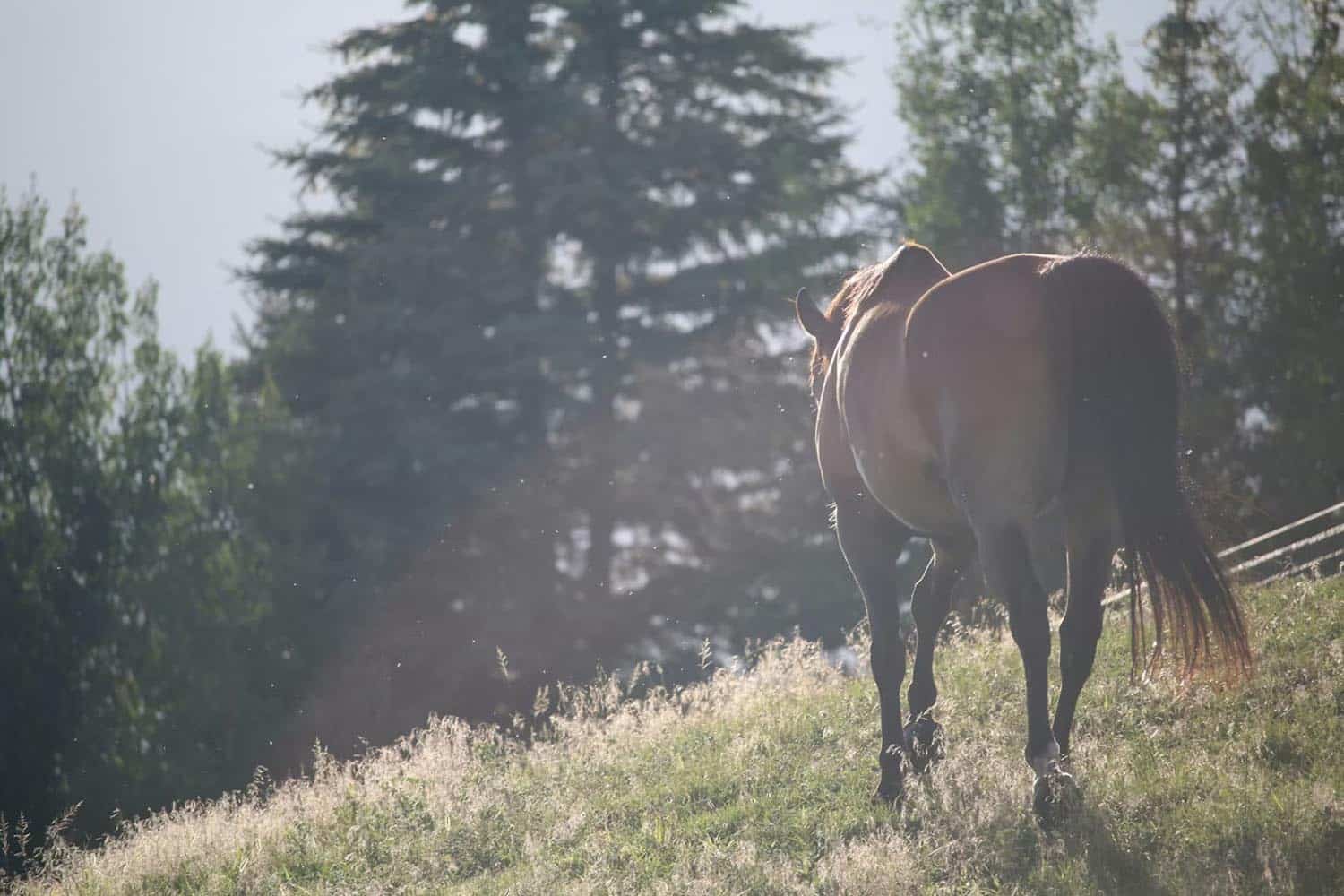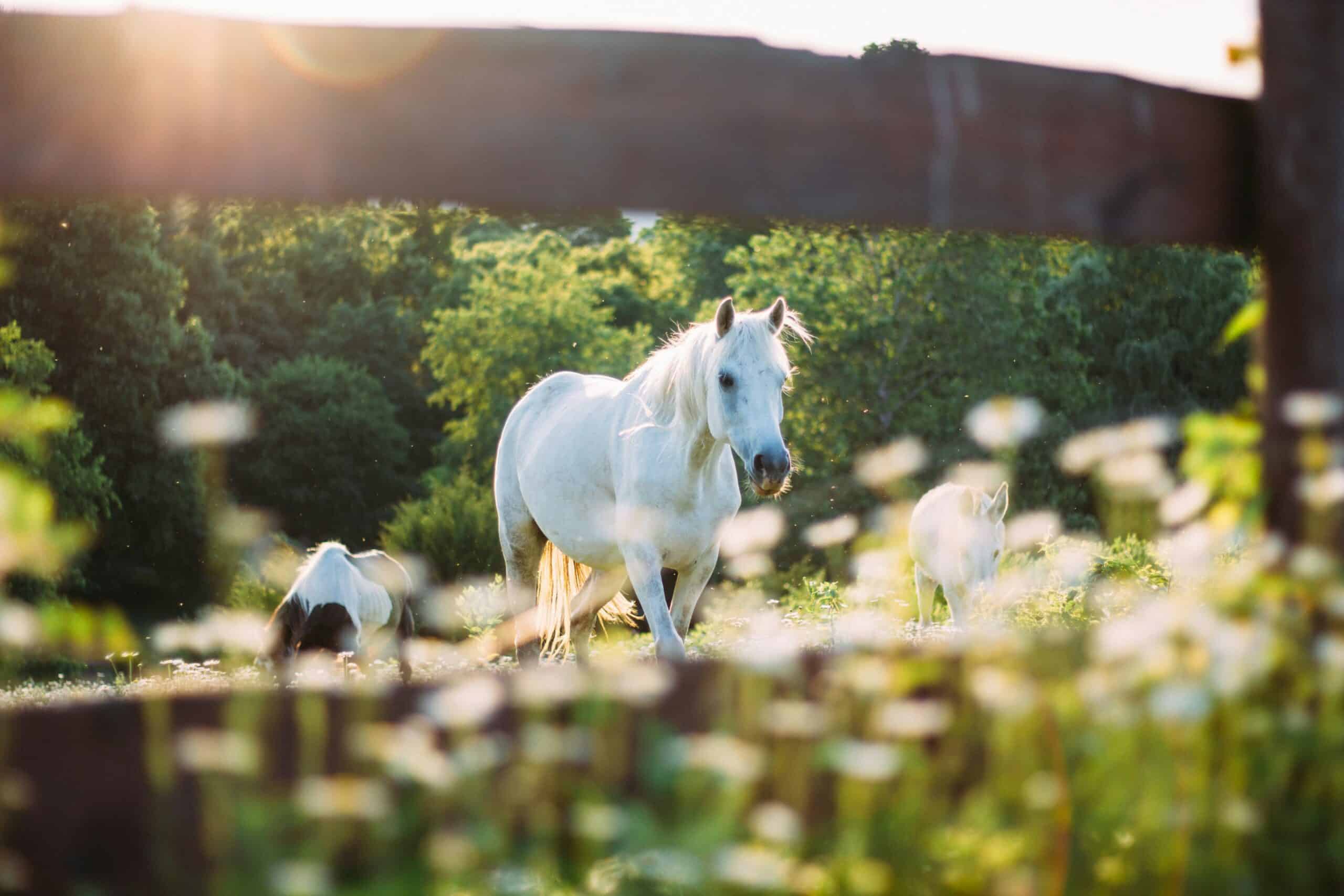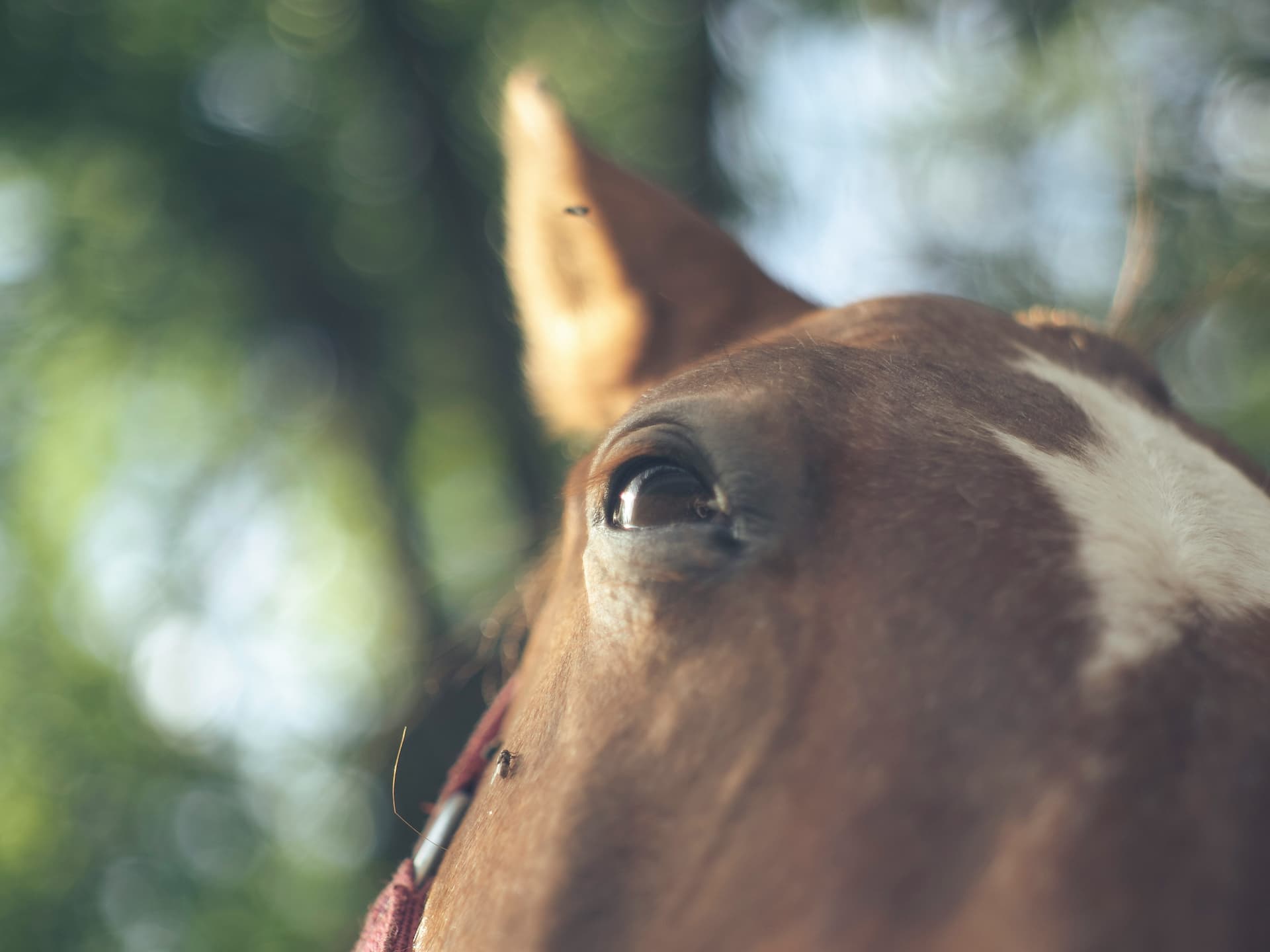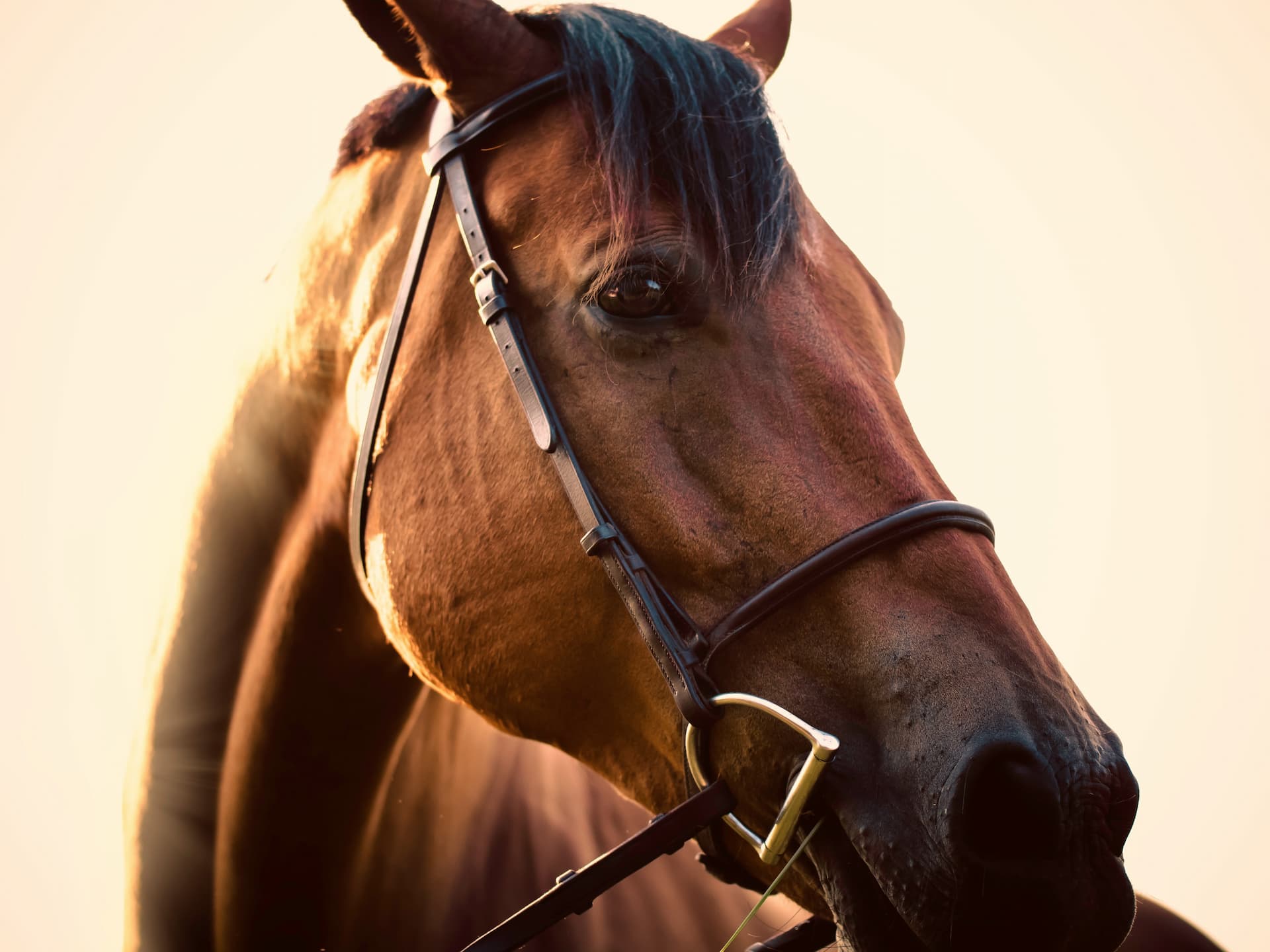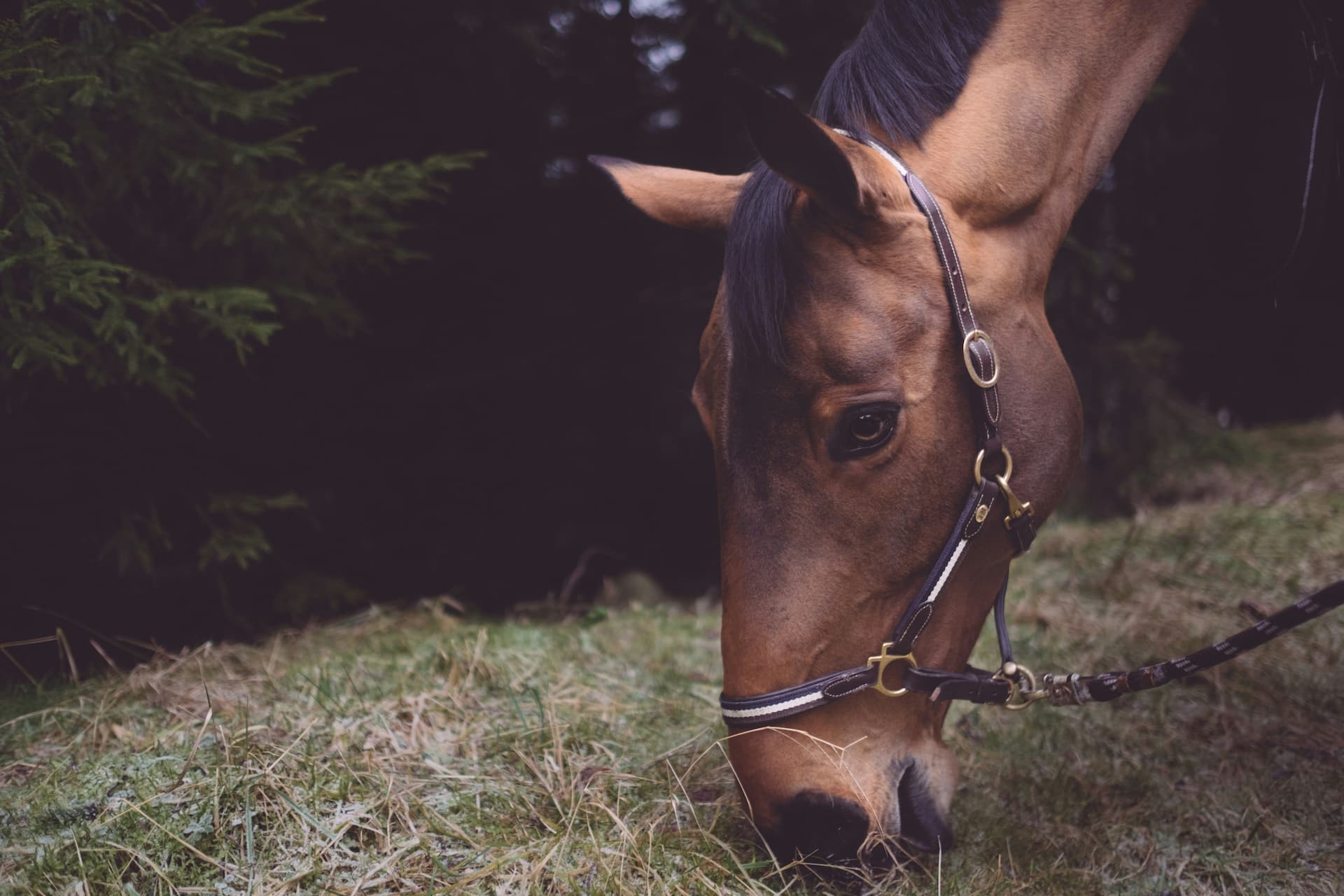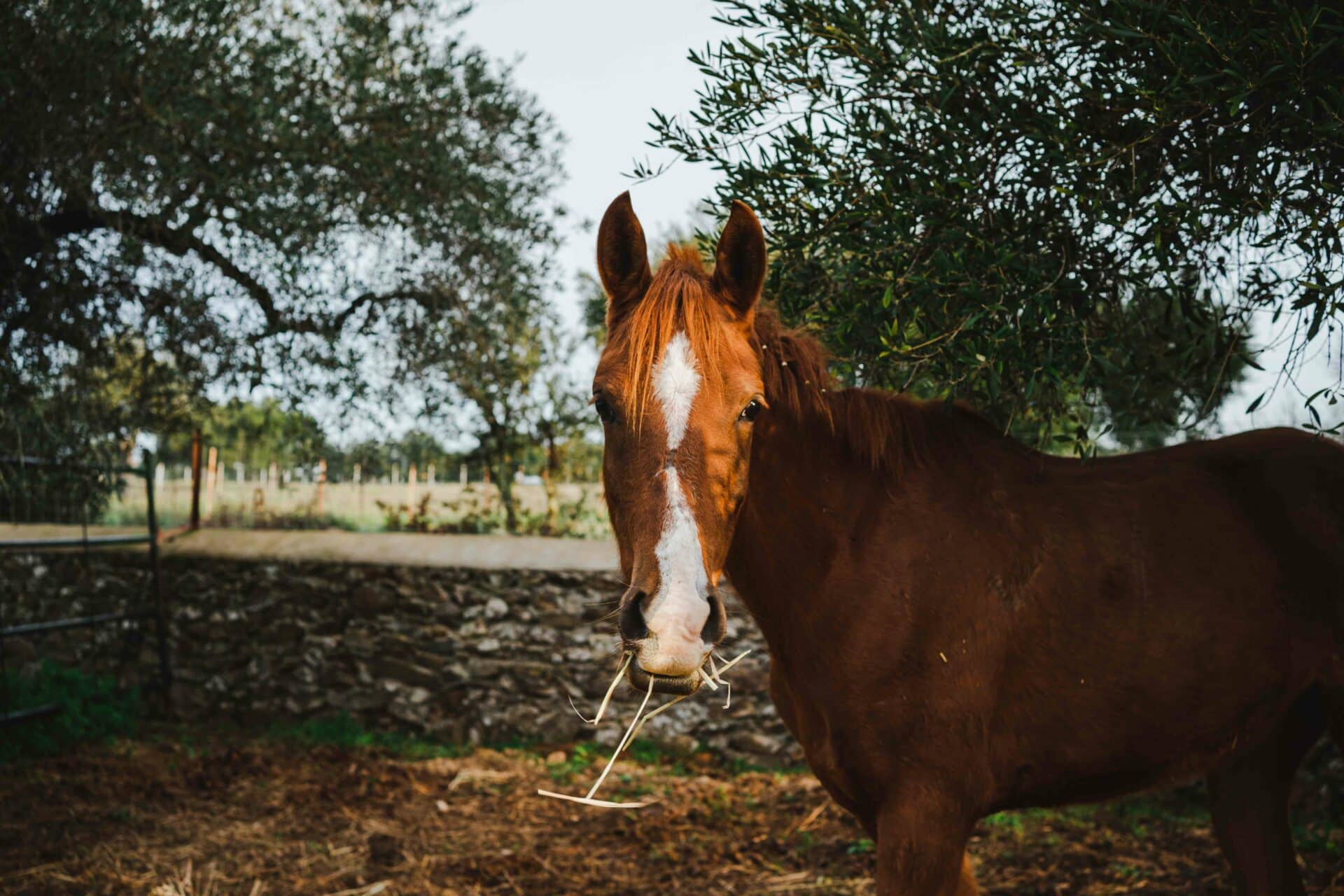
Vaccines for Your Horse: Why Immunization Matters for Fair and Show Season
Fair and show season is more than ribbons and trophies—it’s an exciting time to showcase your horse’s hard work, athleticism, and beauty. But before you load up the trailer and head off to compete, there’s something critical to cross off your checklist: making sure your horse’s vaccinations are current.
Whether you’re showing in halter classes, barrel racing, or 4-H events, your horse will be exposed to a variety of unfamiliar environments and animals. This increases the risk of contagious disease, many of which can be serious or even fatal. Equine vaccines play an important role in keeping your horse protected—and keeping them eligible to compete.
Let’s walk through why immunization matters so much during show season, which vaccines are recommended or required, and how you can keep your horse performing their best all year long.
Why Vaccinations Are Essential for Horses
Horse shows, fairs, and rodeos are high-traffic events where horses from many different barns and regions come together. Even well-managed venues can expose your horse to airborne viruses or diseases spread by direct contact, insects, or shared equipment.
Vaccines help protect your horse’s immune system from these threats. They also help prevent disease outbreaks that could affect entire barns or events. Just as importantly, many equestrian associations, fair boards, and stables require proof of up-to-date vaccinations for all equine participants.
Even horses that appear healthy can carry and spread disease. That’s why immunization is about more than just your horse—it’s also about protecting the larger equine community.
Core vs. Risk-Based Vaccines: What Does Your Horse Need?
Not all vaccines are created equal. Some are considered important for all horses, while others are recommended based on your horse’s lifestyle, travel schedule, or regional disease risks.
Core Vaccines for All Horses
These are recommended for every horse, regardless of age, breed, or use:
- Rabies – Fatal and transmissible to humans; required by law in many states
- Tetanus – Found in soil and enters through wounds; causes muscle stiffness and can be fatal
- Eastern/Western Equine Encephalomyelitis (EEE/WEE) – Transmitted by mosquitoes; affects the brain and nervous system
- West Nile Virus – Also mosquito-borne; can cause neurological damage or death
- Leptospirosis – While not officially a core or risk based vaccine, we highly recommend it for all horses.
These diseases are life-threatening, difficult to treat once symptoms begin, and preventable through routine vaccination.
Risk-Based Vaccines for Show Season
These are especially important for horses that travel, compete, or board in group settings:
- Equine Influenza – Highly contagious respiratory virus
- Equine Herpesvirus (EHV-1/EHV-4) – Causes respiratory illness, abortion in pregnant mares, and neurological disease
- Strangles – Bacterial infection with painful swelling of lymph nodes
- Potomac Horse Fever – More common in certain regions; causes fever, diarrhea, and laminitis
- Botulism – Found in soil or improperly stored hay; affects muscle control and is often fatal
Your horse’s vaccination plan should reflect both their environment and their show calendar. Our local horse vet can help you build a schedule that fits your needs.
Vaccination Requirements for Shows and Fairs
Each event, venue, or state may have its own set of equine health requirements, so it’s important to plan ahead.
Many US Equestrian Federation-sanctioned events require proof of Equine Influenza and EHV-1/EHV-4 vaccination within six months of competition. Some fairs or stables may require a current Coggins test (for Equine Infectious Anemia) along with your vaccine records and a health certificate signed by a licensed veterinarian.
If you arrive without documentation or up-to-date shots, your horse may be turned away—even if they seem perfectly healthy. To avoid disappointment (and wasted entry fees), check the rules for each event and keep your horse’s records organized.
Timing Is Everything: When to Vaccinate Your Horse
Planning is key when it comes to vaccinations. Most equine vaccines need time to build immunity before they’re fully effective—often about two weeks. That means you should not vaccinate the week of a show and expect protection.
- Annual boosters for core vaccines are typically given in the spring.
- Risk-based vaccines may require more frequent dosing (e.g., every 6 months for influenza if your horse travels often).
- Horses new to vaccines may need an initial series and follow-up boosters.
Horses can also experience mild vaccine reactions such as soreness or lethargy. Scheduling vaccines well in advance allows your horse time to recover before competing.
Why Work With a Horse Veterinarian
Every horse is different. Age, travel frequency, geographic location, and overall health all affect which vaccines your horse needs and when. That’s why equine vaccinations shouldn’t be a one-size-fits-all approach.
A horse vet can help you:
- Develop a vaccination plan tailored to your horse’s lifestyle
- Schedule booster shots to match your competition calendar
- Provide health certificates and documentation required for travel or events
- Monitor for any adverse reactions to vaccines
- Screen for other common show-season concerns like parasites or dental issues
Our veterinarian is your best partner in keeping your horse healthy, show-ready, and within the rules.
Don’t Let Preventable Illness Steal the Spotlight
Horse shows are hard work—for both you and your horse. Don’t let a preventable illness interrupt the season you’ve trained for. Vaccinations are one of the easiest and most effective ways to protect your horse’s health, meet entry requirements, and give you peace of mind during every event.Shalako K Veterinary Medicine is here to support you through a successful and healthy show season. Whether you’re headed to a county fair or a major circuit, our team can help you make sure your horse is protected and ready to perform. Call us at (214) 551-5334 to schedule your horse’s vaccine appointment before your next event.
